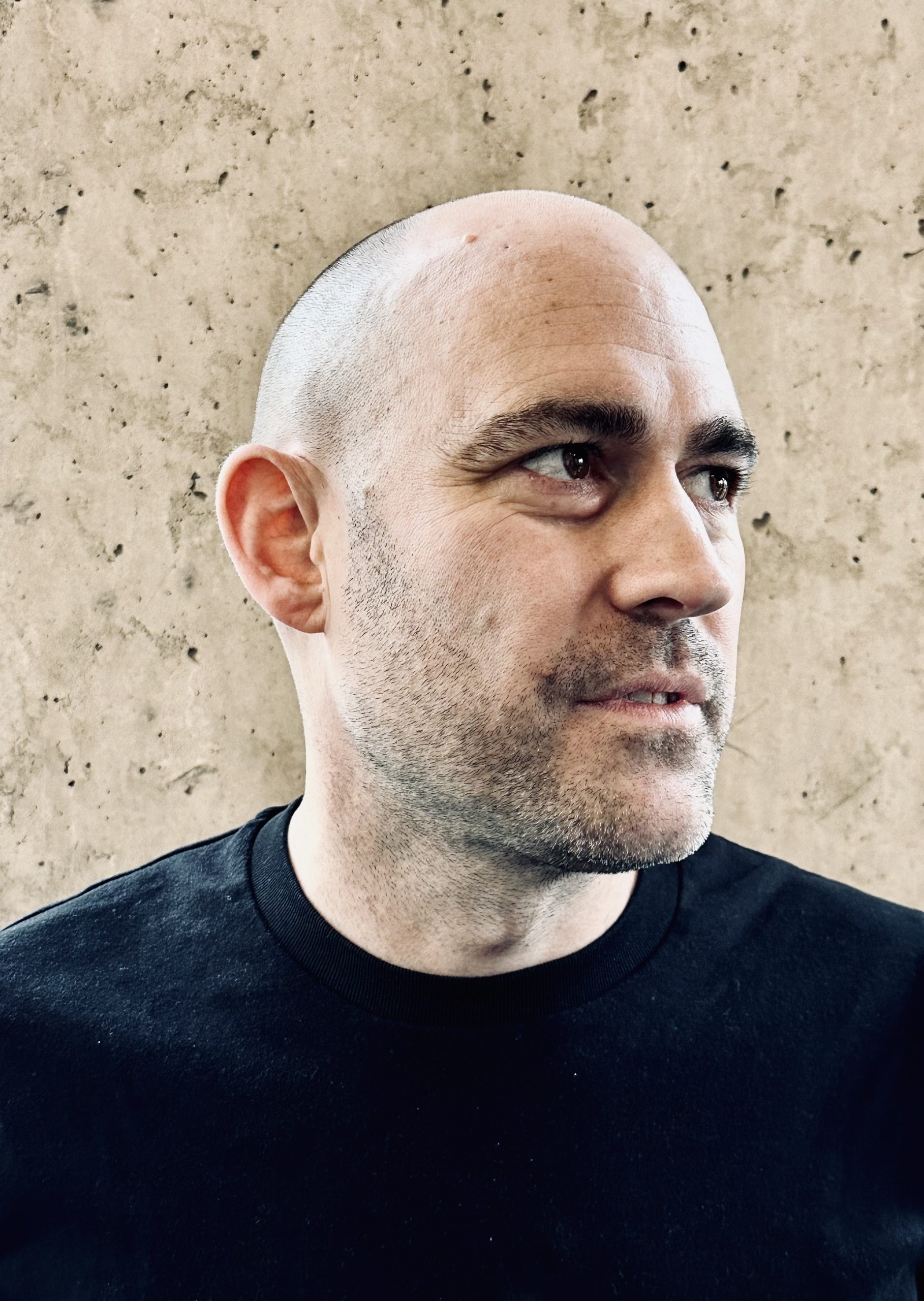With an academic background in history, economics, and philosophy, as well as capabilities in seven languages, Hänni brings a global, interdisciplinary perspective to his body of work that connects the recent past with the present. He currently works as a Senior Researcher at the Leibniz Institute for Contemporary History/Institute für Zeitgeschichte (Munich), where he is part of a research project commissioned by the German Federal Ministry of the Interior to pursue a definitive account of the attack on the 1972 Olympic Games.
In aggregate, Hänni’s research analyzes the historical role and mechanics of socio-political manipulation and responses to these challenges. This includes understanding the relationship between influence through mass media, the rise of transnational political violence, and the emergence of informal international governance networks.
Hänni has produced a prolific publication profile and a global network of collaborators, leading major international publication projects on the historical study of intelligence services, terrorism, and political violence. Hänni has published peer-reviewed academic articles and essays in leading history and political science journals, including Intelligence and National Security, Critical Studies on Terrorism, Studies in Conflict and Terrorism, Routledge’s Critical Terrorism Studies series, I.B. Tauris, and Palgrave Macmillan’s Transnational History Series. Hänni collaborated with the Inter-University Center for Terrorism Studies in Washington DC and its director, Prof. Yonah Alexander, one of the pioneers of terrorism studies. He currently sits on the International Advisory Board of its journal, Terrorism.
He received research fellowships, grants, and visiting appointments from a variety of universities, think tanks, and foundations around the world, including the Center for German and European Studies (CGES) at Georgetown University (Washington DC); Institute for History at the University of Leiden (Netherlands); German Historical Institute (Washington DC); Centre for the Study of Violence at the University of Newcastle (Australia), and the Swiss National Science Foundation (Switzerland). Hänni received a major grant from Distance Learning University Switzerland to study past and present schools of political historiography and inquire how global political history of modern societies can be taught, studied, and written. He used the results to produce the first German-language textbook on Political History, which is distributed throughout German speaking classrooms and university networks. Hänni is a graduate of the University of Zurich with a PhD in History and MA in History and Economics with a minor in Philosophy.
He is an active member of the International Intelligence History Association (IIHA), a regular participant/speaker at the Zagreb Security Forum, a member of the British International Studies Association (BISA), and an active member of BISA’s Critical Terrorism Studies Working Group. Hänni co-edits the Journal for Intelligence, Propaganda and Security Studies (JIPSS), published by the Austrian Center for Intelligence, Propaganda and Security Studies (ACIPSS). It is a bilingual (English-German) journal regarded as the leading journal on intelligence studies in the German speaking world.
Hänni has provided expert commentary and political analysis for international and Swiss media outlets, including Neue Zürcher Zeitung (Switzerland), SRF (Switzerland), The Guardian (UK), The Times (UK), Middle East Eye (UK), ZDF (Germany), Cicero (Germany), SWR (Germany), Le Point (France), Sol (Portugal), Al Arabiya (Saudi Arabia), The Diplomat (USA), and CBS 60 Minutes (USA). He is regularly invited to deliver addresses at universities, conferences, and other institutions, which include presentations of research results to policy makers and security officials. Editorial and speaker topics include historical and contemporary analysis of intelligence, political violence, terrorism, propaganda, disinformation, informal diplomacy, secret elite networks, socio-political movements, and power structures.
Interviews and reviews on his latest book – “Terrorist und CIA-Agent: Die unglaubliche Geschichte des Schweizers Bruno Breguet” – can be found in German, French, Italian, English, and Greek by media outlets around the world, including the Guardian, the Times, Swissinfo, NZZ, and Corriere della Sera (more info at http://bruno.adrianh.ch).

